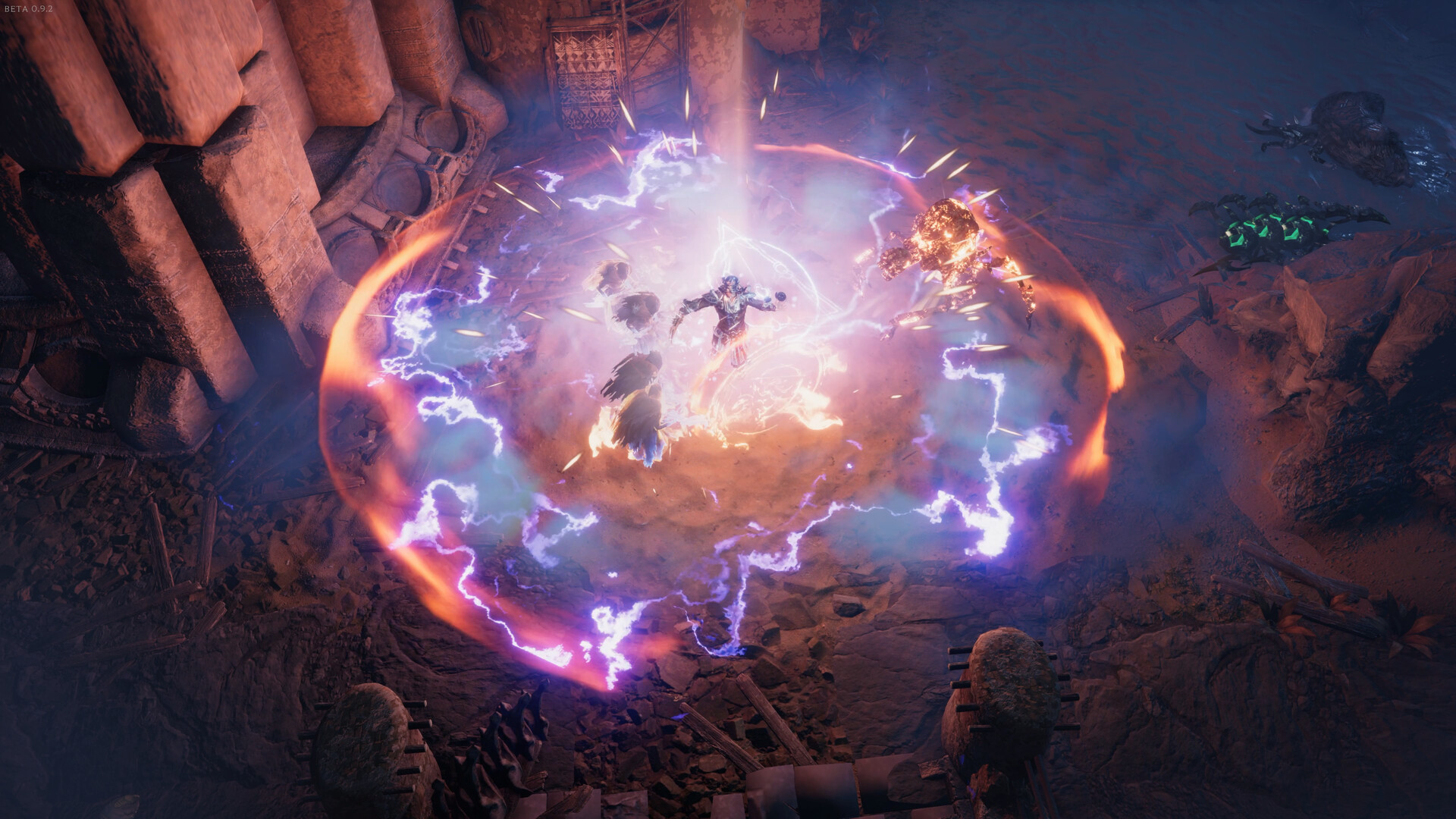Here's why 2022 is the right time for NVIDIA's RTX 40-series GPUs to launch
The market stops for no one, including the market itself.
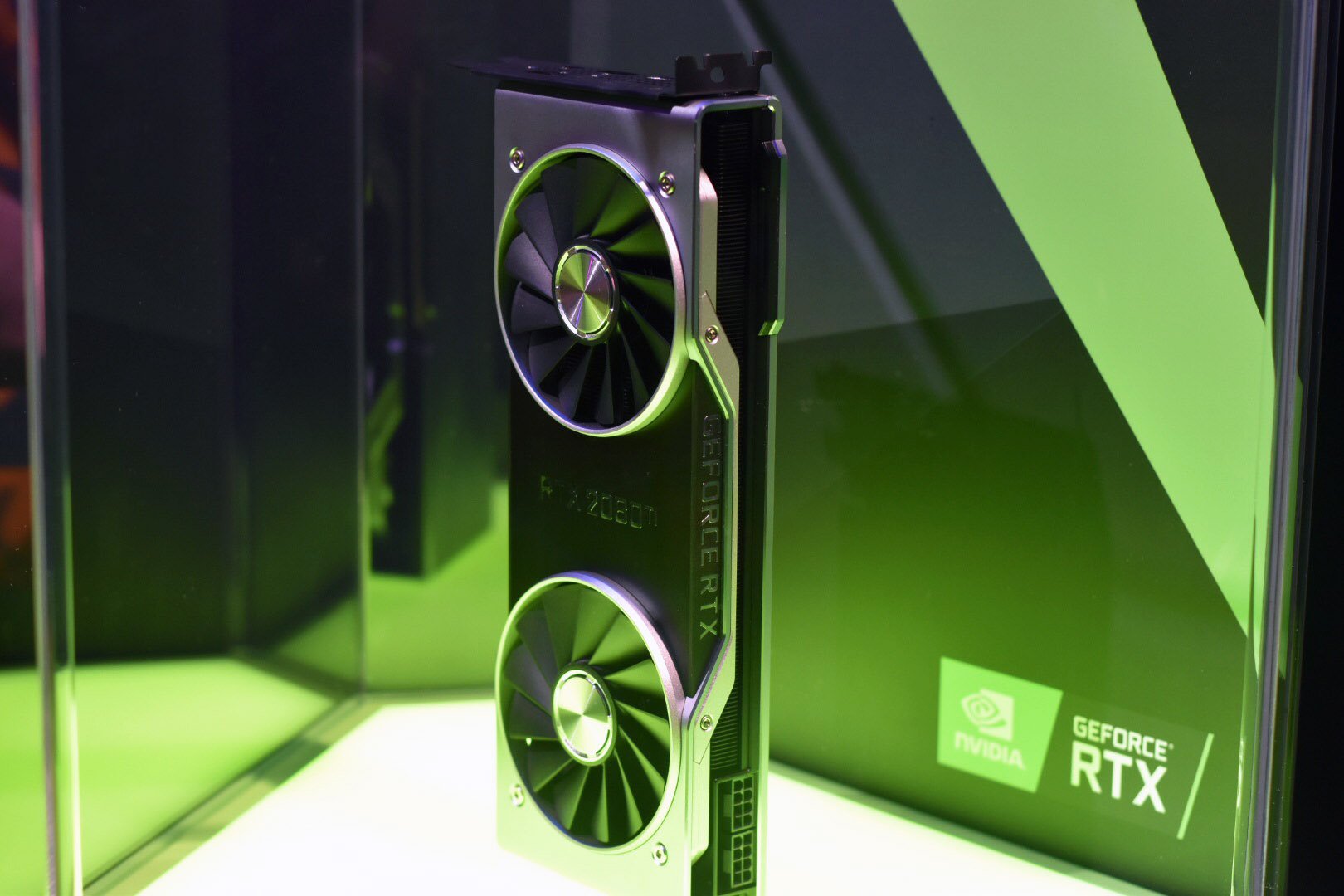
For just about anyone who's attempted to buy a GPU since 2020, the process has been full of pain, hiked costs, and delayed deliveries. So many of the best graphics cards are out of stock and have been for the better part of two years. So why, then, are we facing what sounds like the impending launch of NVIDIA's next big wave?
More and more details keep trickling out about the RTX 40-series GPUs. First, we got details about their architecture, then we got a scoop indicating how big the launch lineup will be. All these details emerged amid a landscape devoid of actual purchasable GPUs, since a great many consumers still can't get their hands on the soon-to-be-last-gen RTX 30-series graphics cards. We spoke to experts to find out why new graphics cards make sense in a time when people may not even be able to buy old ones.
The competition
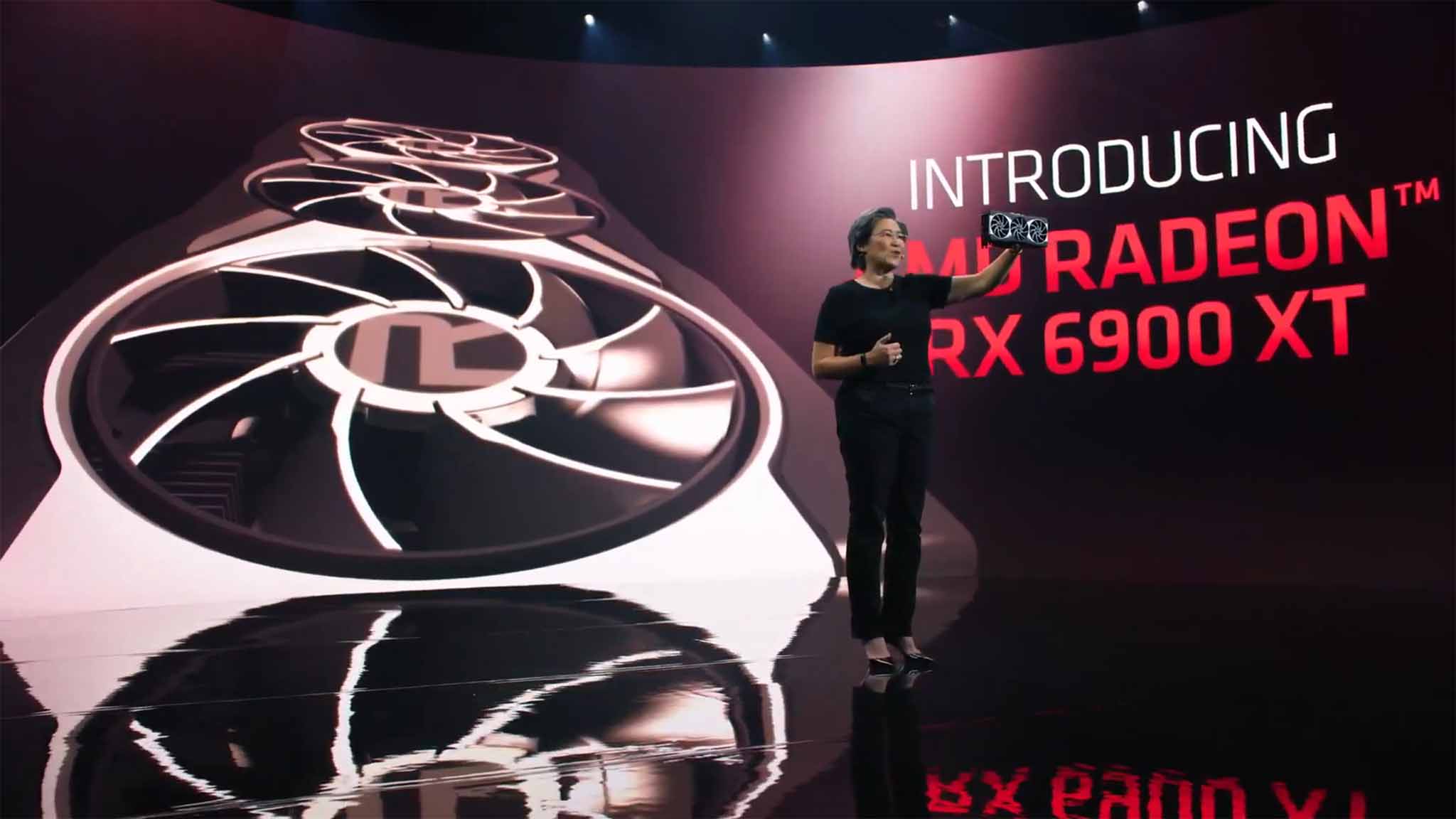
Despite the bizarre market conditions that computer components have endured since 2020, there is one constant that tech companies can expect: competition from rivals. That, according to Akshat Vaid, Vice President at Everest Group, is one of the key reasons NVIDIA's upcoming line may arrive before people have had a chance to gather the 30-series cards they've wanted for years.
"NVIDIA's closest competitor in this space, AMD, is launching its next-gen RDNA 3 GPUs, at 5nm node, towards the end of 2022. NVIDIA's RTX 40 series will be closest in performance to these new GPUs being launched by AMD," he said. "NVIDIA almost has no choice but to launch these new GPUs to avoid falling behind in the market."
Vaid also reiterated that a new line stepping into the limelight doesn't erase the previous line's relevancy. After all, with sky-high demand for GPUs, there will be people willing to pay top-dollar for the new products as well as less-than-top-dollar for the older cards that still pack a punch in modern computing.
"While the RTX 30 series fell short in market success due to stockouts and unaffordability, a large segment of users were willing to pay up to two times the price," Vaid said. "The next gen GPUs will offer a two-time improvement in performance, so end consumers (especially the crypto mining segment) might not hesitate paying the premium for the new product line. In any case, the company is planning to produce RTX 40 series alongside the RTX 30 series cards."
When will RTX GPUs be available?
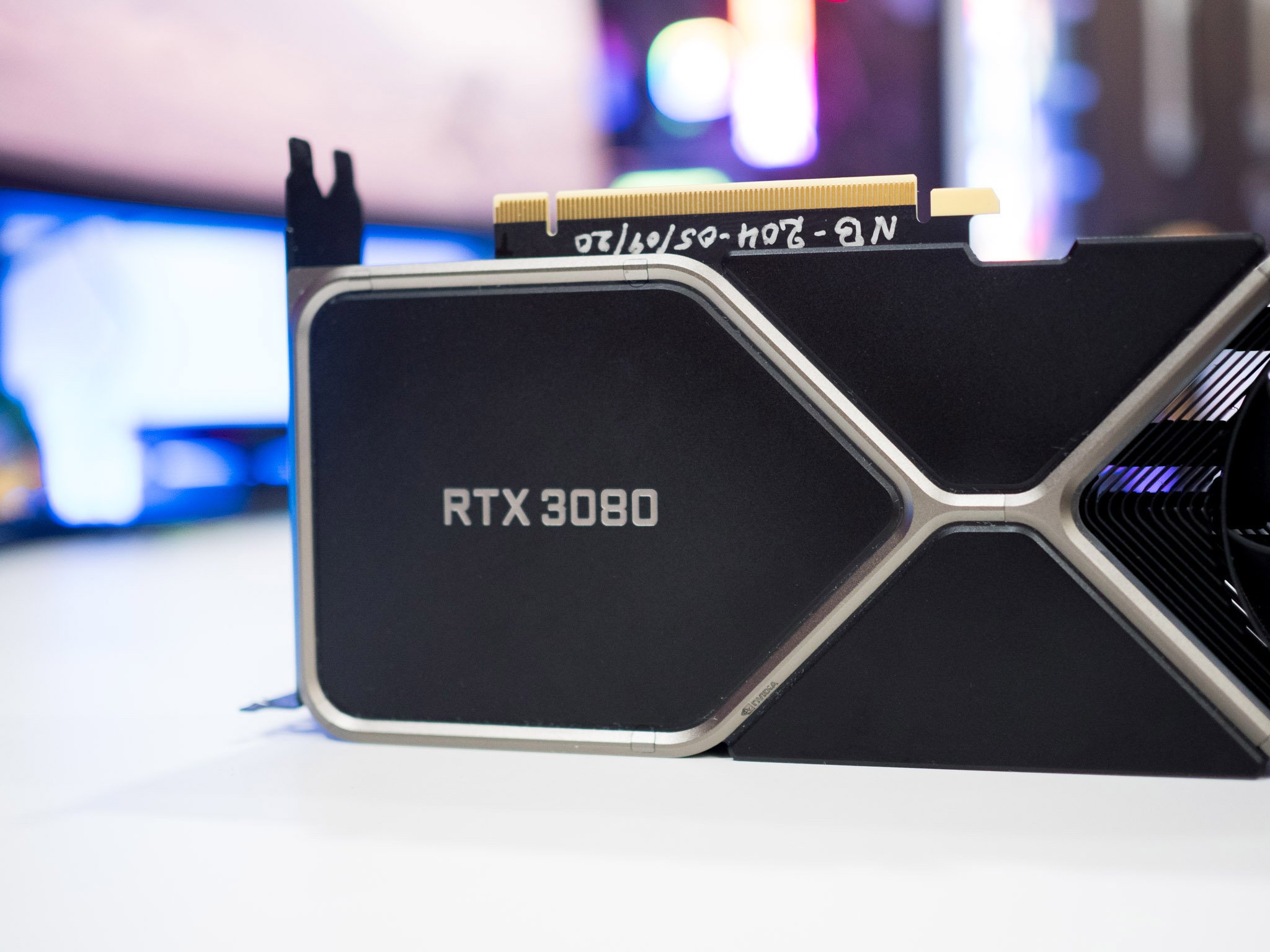
As experts have stated for some time now, there's a general consensus that consumer tech should see a return to normalcy — more or less — by the end of 2022. This is thanks in large part to giants like Intel and TSMC upping their output to try to catch up with demand. Vaid pointed to these items when mentioning how RTX 30-series cards aren't in as dire of a pricing situation as they were in 2021.
Get the Windows Central Newsletter
All the latest news, reviews, and guides for Windows and Xbox diehards.
It's not all good news, though. "NVIDIA plans to tap TSMC's 5nm process technology for its RTX 40-series cards — the move by both NVIDIA and AMD to launch new GPUs that make use of this technology will start putting additional pressure on TSMC to expand capacity of its 5nm-enabled fabs and prioritize high-margin products," Vaid stated, highlighting one of the factors that may interrupt the process of getting consumers' appetites satiated.
Alan Priestley, Gartner Research VP, mentioned similar points to Vaid, including how AMD and now Intel with its Arc line are putting pressure on NVIDIA to stay current. However, when it came to the per-wafer chip output angle, he expressed optimism without mention of the potential caveat Vaid addressed.
"Next-gen GPUs will no doubt use new process technology which will deliver more chips per wafer and hence increased availability," Priestley stated, noting that a new line with better production output capabilities could mitigate the current situation affecting NVIDIA's graphics cards.
What will RTX 40-series GPUs cost?
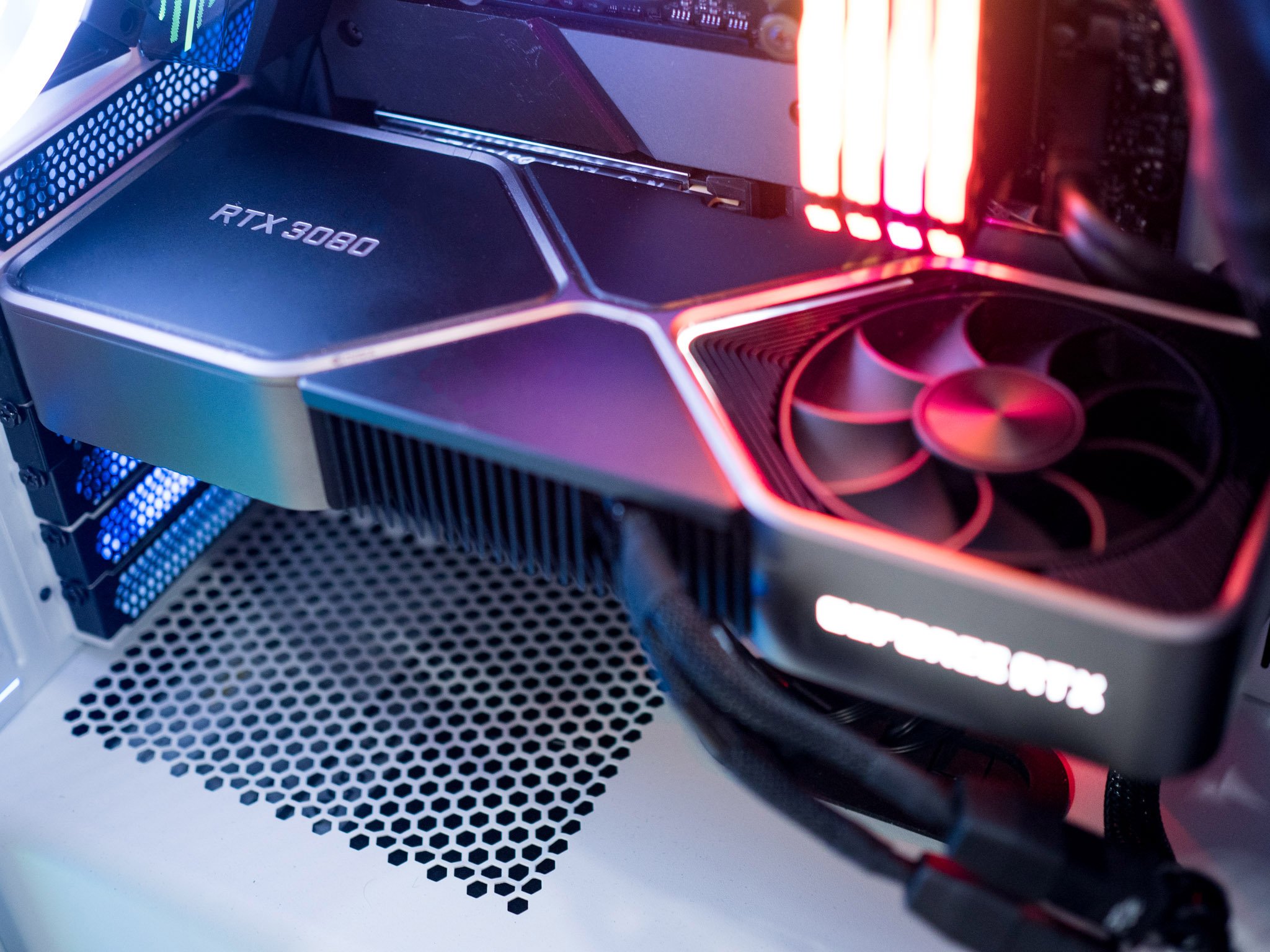
What with the wild ride the 30-series cards have had with regards to pricing, many are wondering what kind of damage the 40 series will do to wallets. Vaid and Priestley had similar thoughts on where NVIDIA may land when it comes to setting MSRPs for its latest cards.
"Given the upside of close to about two times in terms of performance that the RTX 40 series potentially provides, prices of the 40 series will be likely to reflect the tech upgrade," Vaid said. "While inflated prices were an issue for the RTX 30 lifecycle, the market did witness a segment of gamers who were willing to pay much more than the MSRP for graphics cards such as the 3070, which could further incentivize NVIDIA to slightly increase the MSRP across the range of its RTX 40 series. While hard to put a range, we're expecting prices to be higher than the 30 series but competitive against AMD's RDNA 3 GPUs, which by all accounts, are expected to be launched earlier."
It makes sense that even if pricing does see a spike compared to last-gen's offerings, competitive MSRPs are still going to be the trendsetting factor. And consumers' desperation for GPUs has proven a monetary force to be reckoned with, highlighting more reasons for the big graphics card producers to up their fees a bit across the board.
"We could anticipate new GPUs at similar price points to existing products but offering higher performance, as it's not clear that the market would support significantly higher price points — especially at the top of the price stack," Priestley stated. While there may be a bit of wiggle room for companies to up the price ceiling, that's not a greenlight for them to gouge by voluntarily engaging in the astronomical price hikes the 30 series saw at certain points across 2020 and 2021. Heck, some manufacturers are even making a show of reducing the prices of their GPUs, such as ASUS.
We won't know anything as fact until NVIDIA and its partners start dropping hard figures, but for the time being, these guesstimates and hypotheses on availability optics and pricing possibilities should help you make your own tentative plans for your next rig upgrade.
Robert Carnevale is the News Editor for Windows Central. He's a big fan of Kinect (it lives on in his heart), Sonic the Hedgehog, and the legendary intersection of those two titans, Sonic Free Riders. He is the author of Cold War 2395. Have a useful tip? Send it to robert.carnevale@futurenet.com.

